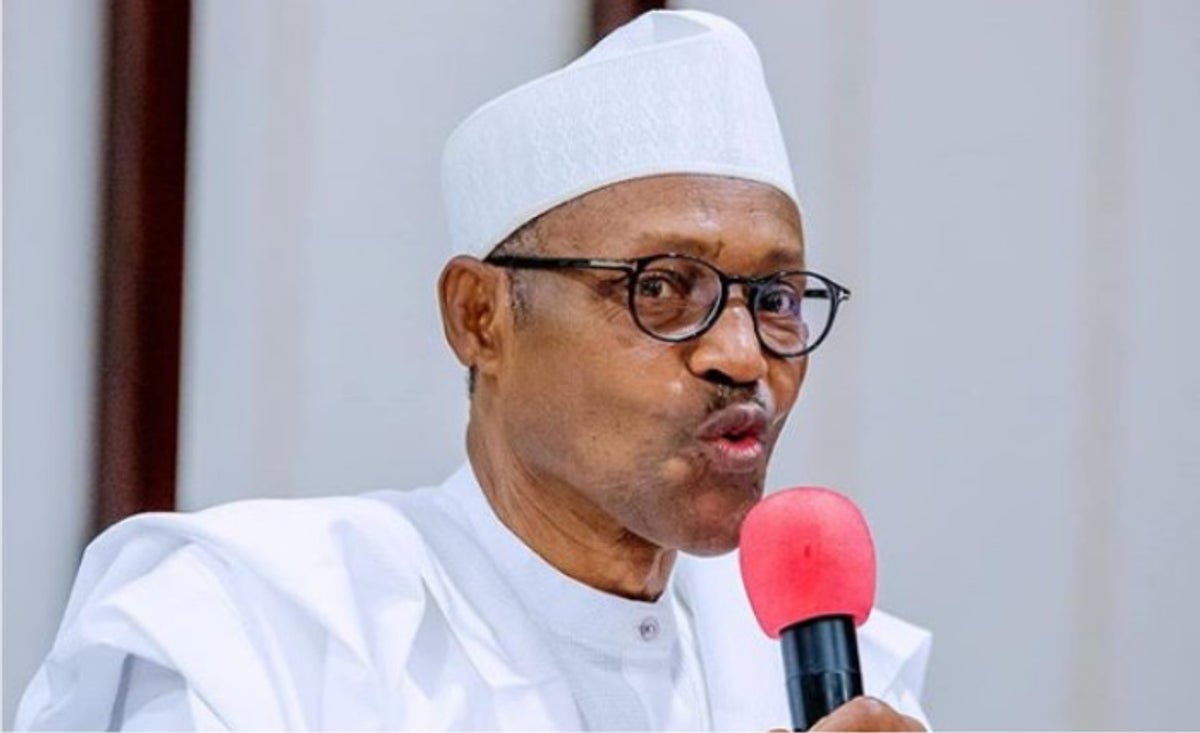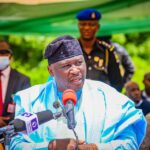With the inauguration of ministers last week by President Muhammadu Buhari, the stage seems to be set for his second term to roll. If anything, the highlight of the inauguration was the assignment of portfolios to the incoming ministers, which the President had kept close to his chest all along, with Nigerians guessing endlessly, even as the final course of events offered no significant surprises as to who would be where. Rather, just as the choices of cabinet members had earlier created sundry judgmental positions among sections of the public when they were revealed in July, the assignment of portfolios also attracted rave public backlashes as many questioned the respective placements over the designated ministries.
One of the ministries where the combination of assigned ministers is attracting special attention is the Federal Ministry of Niger Delta Affairs, where Senator Godswill Akpabio and Barrister Festus Keyamo were deployed as Minister and Minister of State respectively. Ordinarily, both men qualify individually to occupy the assigned exalted offices. Akpabio, a lawyer, is a former Commissioner and two-time governor of Akwa Ibom State as well as former Minority Leader in the immediate past Eighth Senate. He is more or less an establishment person. On the other hand, Barrister Keyamo, who hails from Delta State, is a well-honed and popular human rights lawyer who remains associated with many battles over the defense of the soul of the nation, as well as the civic rights of individuals who had issues with successive administrations in the country. Hence both men even as lawyers and prominent sons of the Niger Delta region, had travelled different routes to arrive at their present common ground as top notch members of the ruling APC and now helmsmen of the same ministry.
However, their different trajectories notwithstanding, President Buhari has by their joint assignment placed them together in a boat to deliver democracy dividends to their Niger Delta homeland, as if playing out the script of the Latin allegory ‘Medice, cura de ipsum’ which in English is Physician heal thyself’. With the duo parading on individual basis, records of commendable engagement with the public in the past, Buhari seems to be telling them to deploy their enterprise in changing the Niger Delta narrative. And even from a most casual perspective, their assignment shall not be a tea party. That is except they will afford to leave office as also-rans at the end of whenever their ministerial tenure ends.
From a reductionist perspective, the Niger Delta remains one area that is considered by many as a topical example of failure of governance by the successive administrations including the current one, largely due to crass cluelessness or indifference of successive administrations. Easily acknowledged as one of the most endowed maritime environments of the world, it is stupendously rich in oil and gas deposits, as well as other fauna and flora resources. Notionally therefore it should have enjoyed a discretional approach to its development I order to avail it a status whereby it should be serving a more profound role in driving the Nigerian economy, beyond its present status of only producing the oil and gas revenues that account for over 90% of the country’s foreign exchange.
The sorry state of affairs in the region is accentuated by a contrast between its rich endowments and the widespread pallid state of living conditions of the indigenes. The mindless extraction of resources by the government which is accompanied by adverse consequences to the environment and the criminal neglect of the victims of such outrage, had spawned a long running state restiveness by generations of youth in the region, which on several occasions crippled the flow of the petrodollars from the region. This situation compelled succeeding administrations to launch several interventionist initiatives. The primary issue with the zone today is that in spite of such interventionist agencies, there is palpable lack of synergy in their operations and consequently diminished traction in ameliorating the depressed state of affairs in the zone.
Presently, beyond the state and local governments in the zone, other key statutory interventionist agencies in the area include the Ministry of Niger Delta Affairs, Niger Delta Development Commission (NDDC), Presidential Amnesty Committee (PAC), and a range of river basin authorities. Beyond these are other non-state operators and stake holders in the zone including the multinational oil and gas companies as well as the various host communities, each of which stands to benefit from a new dispensation for the zone. It is therefore noteworthy that the core challenge mitigating against the development of the region is widely associated with the dissonance in the operations of the agencies, and in the absence of the vital cohesion and synergy, the zone suffers.
Against the foregoing therefore, the agenda for the new Niger Delta ministers being Akpabio and Keyamo is clearly cut out for them as entailing the facilitating of a new deal for the zone, to wit – fostering a new template for the transformation of the region to the next level including the building of synergy among the efforts by the respective stakeholders. This task is more daunting than either Akpabio and Keyamo may be anticipating, as it had defied their predecessors.
The earliest effort at providing special remediation efforts for the Niger Delta region was under the colonial administration as was initiated by the recommendations of the Willinks Commission Report of 1957. Subsequent initiatives were after independence with the most notable being the Oil Minerals Producing Areas Development Commission (OMPADEC), the NDDC and PAC.
Some of the most urgent areas of attention for the new ministers with respect to the various interventionist agencies in the region include the debilitating state of affairs in the Commission which includes the huge debts owed it by its debtors including the federal government and the various oil and gas companies, presently estimated at over N1.2 trillion. The agency recently even hired a commercial debt collector – Paris Trust Limited to tackle its debtors. Second area is the revisit of the entire blueprint for the NDDC Intervention agenda, and reconciling it with contemporary realities and exigencies. Not a few observers believe that the agency needs some critical realignment of its operational circumstances. As for the PAC, many see its impact beyond the media hype as largely benign, and needs a shakeup of its entire operational template.
Meanwhile, success in turning around these agencies from their present indulgence as paymasters to political sponsors, and identifying more with transforming the zone into an economic locomotive for the Nigerian nation, is not too much to expect from Akpabio and Keyamo. Both their Niger Delta homefront, and the rest of the country are watching them.
Congratulations to you two as you settle down for business.

 Join Daily Trust WhatsApp Community For Quick Access To News and Happenings Around You.
Join Daily Trust WhatsApp Community For Quick Access To News and Happenings Around You.


